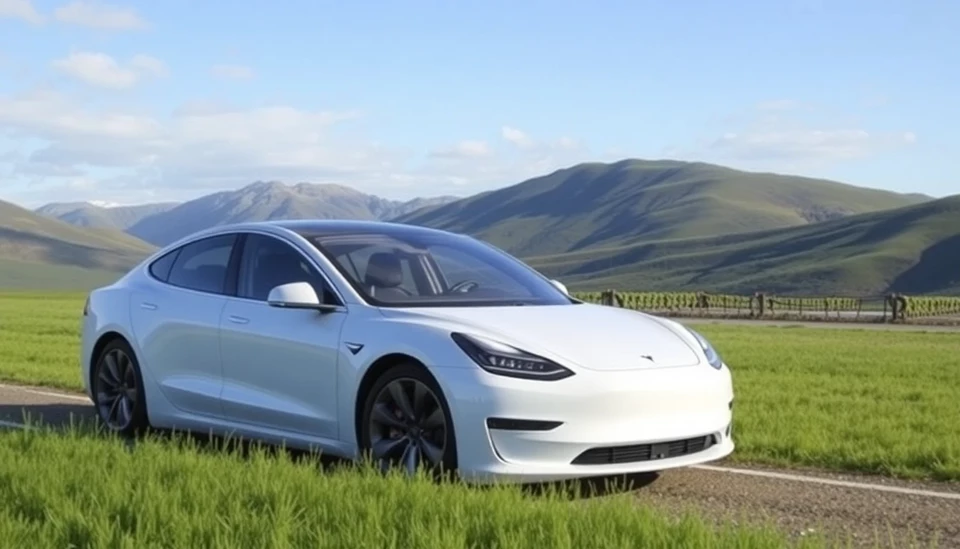
In a challenging financial landscape, Ford Motor Company has reported a substantial decline in profits, reflecting the impact of external pressures such as tariffs and the mounting competition in the electric vehicle (EV) market. The automaker's recent fiscal results revealed a downturn that has raised concerns amongst investors and analysts regarding its strategic direction.
Ford's profit dropped sharply in the last quarter, primarily attributed to the significant costs imposed by new tariffs introduced during the previous administration. These financial burdens have made it increasingly difficult for the automaker to maintain its profit margins while striving to invest in the future of transportation, particularly in the burgeoning EV sector.
The company's leadership expressed frustration over the unpredictability of tariffs, which have led to rising expenses on imported materials and components. As tariffs continue to impact pricing structures, Ford finds itself at a crossroads where strategic adjustments are necessary to navigate these turbulent waters.
Moreover, the competition in the EV market is intensifying, with both established automakers and new entrants aggressively vying for a share of the growing audience of environmentally conscious consumers. This competition places significant pressure on traditional manufacturers like Ford, pushing them to innovate and deliver electric models that can hold their own against rivals.
Ford's response has involved ramping up its investment in electric vehicle technology, aiming to release a series of new EV models in the coming years. However, the race to build a sustainable and profitable EV lineup requires substantial upfront investments, which can be challenging to reconcile with dwindling profits from traditional vehicle sales.
Looking ahead, analysts suggest that it will be crucial for Ford to strike a balance between navigating the tariff challenges and accelerating its transition to electric mobility. This dual focus could determine its resilience and market position in the coming years as the automotive industry continues to evolve.
In conclusion, Ford's current struggles underline the complexity of the automotive landscape, where external economic factors and a shift toward electric vehicles converge, necessitating a strategic rethink for traditional car manufacturers.
#Ford #ProfitDrop #Tariffs #ElectricVehicles #EVCompetition #AutoIndustry #MarketChallenges #SustainableMobility
Author: Samuel Brooks




